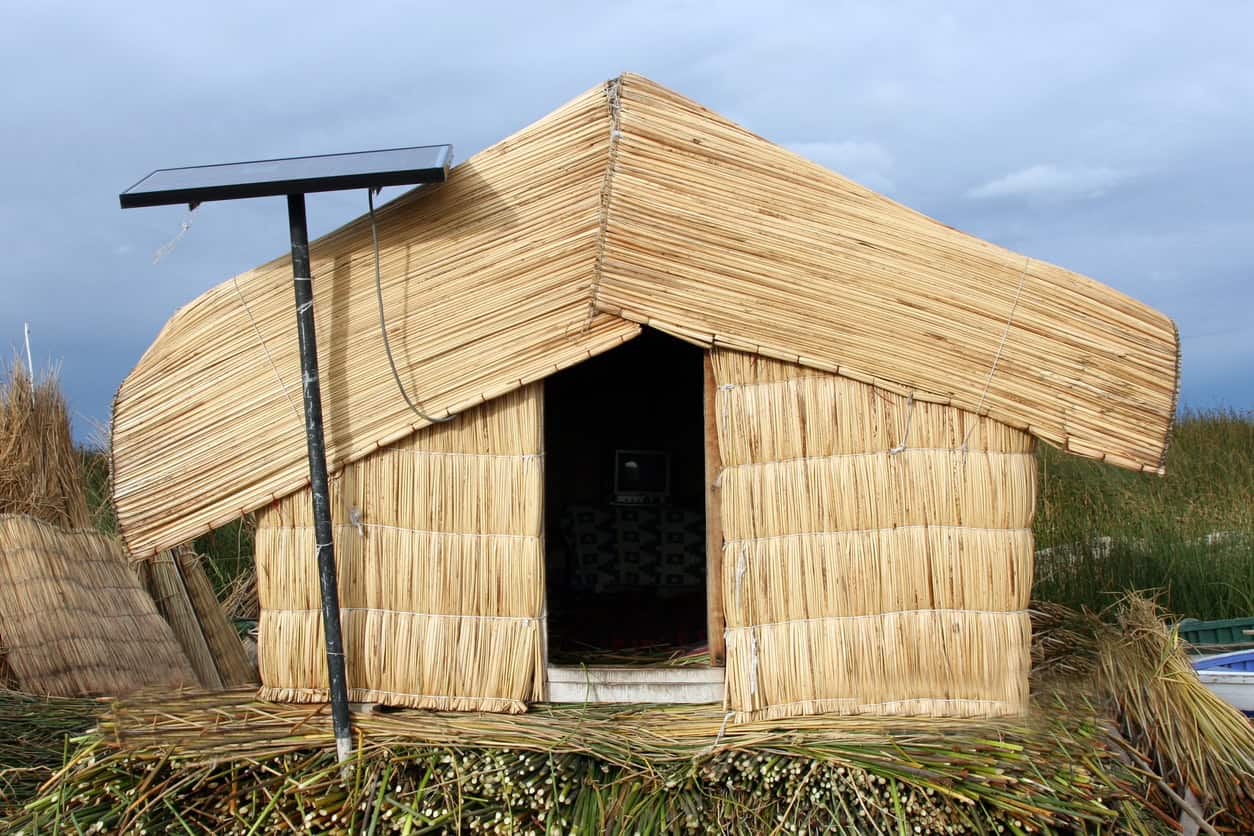Leapfrogging the era of carbon pollution
There’s a maxim by Dr. George Lakoff, a neuro-linguist and professor emeritus at U.C. Berkeley that says, “All politics are moral. Our political debate is about what is right and wrong.” Instinctually, this is why many politicians and demagogs try to frame their policies in moral terms.
According to the New York Times, Chris Wright, Trump’s nominee for the Department of Energy and gas fracking magnate, recently hauled out an old trope to make the moral case for fossil fuels. Basically, he says that fossil fuels will lift millions out of poverty around the world. He frames this through his emotional and calculated outrage, “It’s just, I think, naïve or evil, or some combination of the two, to believe they should never have washing machine, they should never have access to electricity, they should never have modern medicine….” ad nauseam.
There are lots of reasons and arguments about why this position and his statements are false. Not the least of which is that fossil fuel usage is killing us, and affects those in poverty the most. I’m not going to argue them here. Rather, I want to point out a few things about political issues and moral arguments.
The first is whoever introduces an issue, will set and control the debate. This is often because attacking a frame or position just strengthens it. The classic climate example was the introduction of the concept “clean coal” by fossil fuel think tanks. Climate activists reacted and attacked the concept by saying, “coal is not clean.” We forgot that by attacking it we just introduced the concept to millions who hadn’t considered coal could be clean. And the human brain is incapable of processing the negative. Lakoff popularized this point by his book titled “Don’t Think of an Elephant.” (Try not thinking of an elephant.) Climate activists repeated their attacks on clean coal until a majority of Americans believed there was something called clean coal.
Antonia Scatton, author of Reframing America on Substack and a student of Lakoff says, “It’s time we started picking the right fights. The public debate is about controversy. What matters is, who’s controversy.” Following this advice requires us to ask, what do we want to have the public debate around. Though when fossil fuel executives bring up some issue or policy, the first question is, should we even respond?
In the case of Wright, I think the answer is no, we don’t need to respond. There are two reasons for this. The first is that we can set the debate to a question we want to ask. For example, how can we best lift people out of poverty? The image above suggests simply bypassing expensive and dangerous fossil fuel infrastructure. The second reason is our inherent understanding of the boundaries of morality.
Our society and culture has a set of moral standards and guardrails that keeps it functioning. At the core is whether an action is truly harming individuals or a population. For example:
- We don’t get to yell fire if there is no fire in a crowded theater. People might be trampled to death.
- We don’t sell people into slavery. People are harmed and lives ruined.
- We don’t use child labor. Children are harmed and lives ruined.
- We don’t separate children from their mothers. Children are harmed and lives ruined.
- We don’t pollute the commons. Communities are harmed and poisoned.
These are true moral boundaries that most people would physically cringe at or become physically sick when seeing their values violated. It’s called moral disgust. Most American’s understand and agree with these. They don’t need to be explained.
But there are a whole number of gray areas, let’s call it false moral disgust, which political and corporate shills try to wrap in moral language or feeling. Here our gut response quickly determines if the issue being raised is truly a moral issue. For example, “Fossil fuels help raise people out of poverty.” Or, “Windmills cause cancer.” These are both intentional disinformation and accompanied by much vitriol, anger, and shouting. In this case, according to Wright anyone who disagrees with him is evil or naïve. But anger is a tell tail. In my recent post on disgust a study by the University of Kent indicates that some people use anger when they seek to protest actions that harmed their own self interests. This is always our clue that what they are saying is bullshit.
In the face of Chris Wright’s mock anger, we have the Law of the Commons, an often unwritten law that codifies how we treat pollution to prevent true harm to people. The commons are the natural resources accessible to all of us such as air, water, and a habitable earth. These are held in common, even when privately or publicly owned, because they are required for life. As an example, you can’t pollute the water from the stream that runs through your property when people downstream use this water to live. You can’t build a toxic coal plant next to a school, even when you own the land, because the air pollution will harm the kids in the school. This principle has formed the basis of environmental law for a thousand years. You might say it is moral common sense. So is this.
You can’t continue to sell a product, fossil fuels, that are melting our icecaps, creating deserts of our land, killing our oceans, and threatening the lives of our families and children. This is harming every last human on earth. It’s morally repulsive.
So when confronted with a false moral argument:
1. Ask whether it needs to be challenged. For example: “Are you reading about it in the New York Times, or is it just Uncle Ralph spitting out crap at the family gathering?”
2. Ask what you’d like the conversation to be about. For example, “Why does Shell Oil get to determine whether our children will have a livable planet?
3. Ask about the motivation behind the statements or policies. For example, “Why is an ex-fracking company exec suddenly concerned about poverty? How will his position affect his company’s profits?”
4. Talk about our vision for inexpensive clean renewable energy lifting people out of poverty. A solar panel for every dwelling.
5. Elevate the heroes who are making clean energy and a better world possible. See example below.
6. Share your personal story, including your values and how you are being affected by a violation of those values.
Climate is the moral cause of our generation. It will require courage, but it’s why we will win.
Thanks for all you do.
We are all connected. Savor the Earth!’™
– Hobie,
L. Hobart Stocking
SkyWaterEarth.com
hobart@skywaterearth.com









Leave A Comment